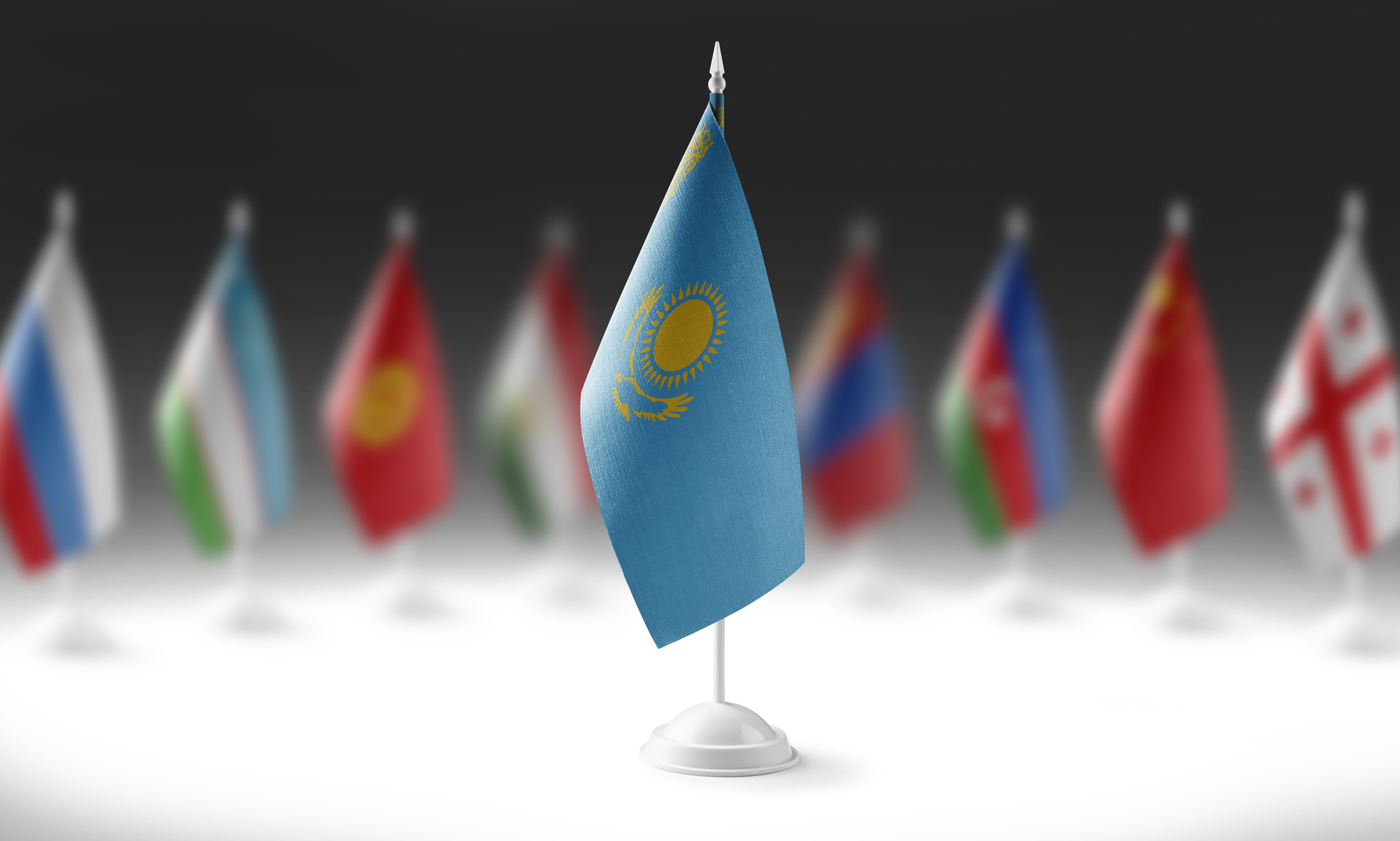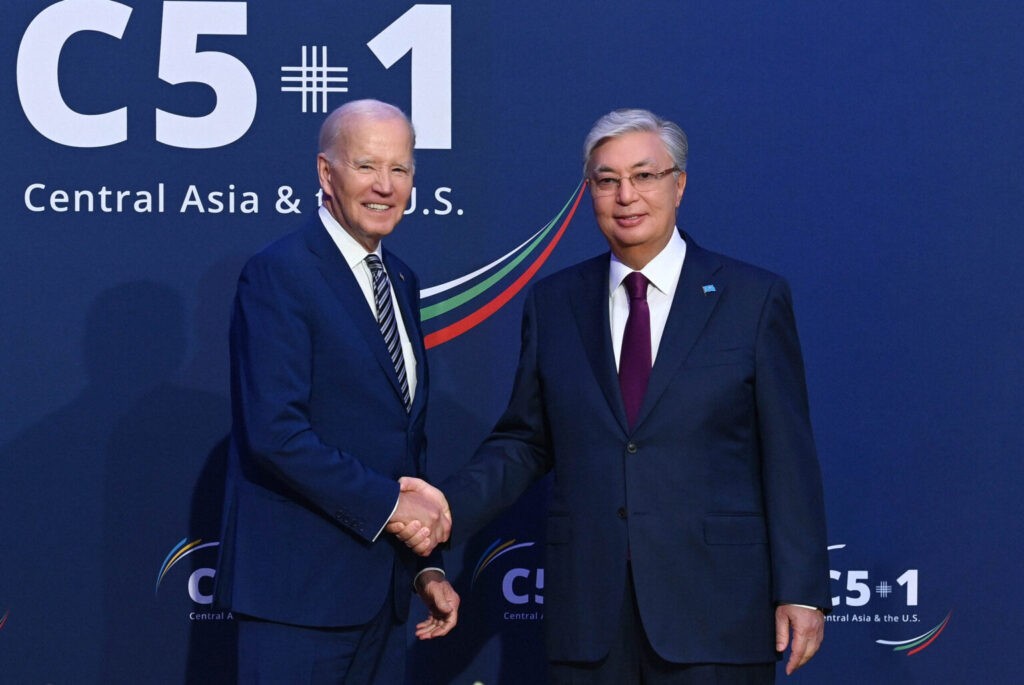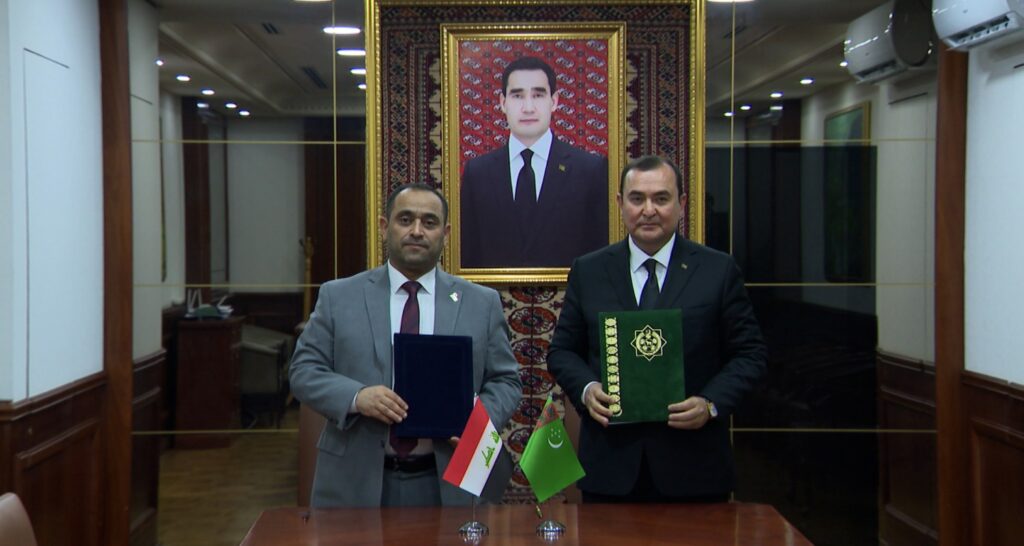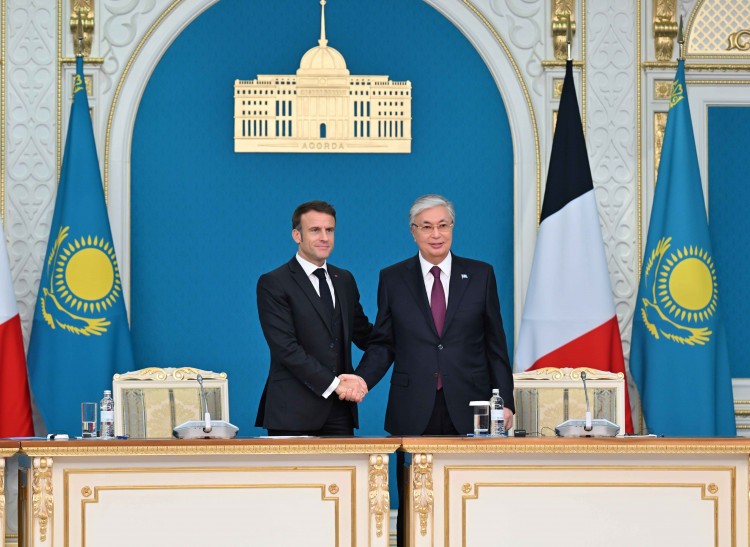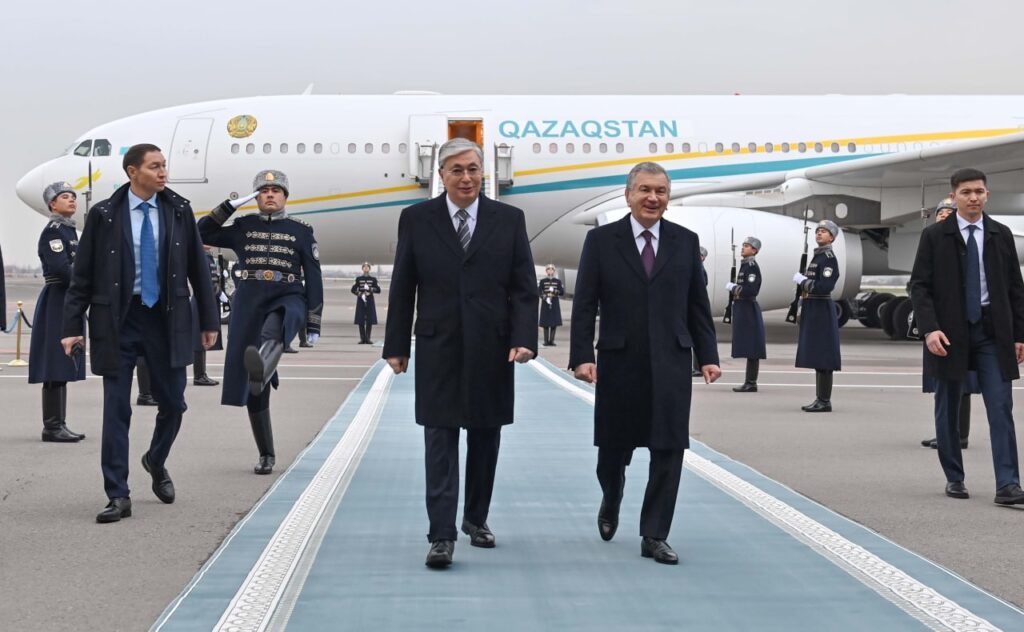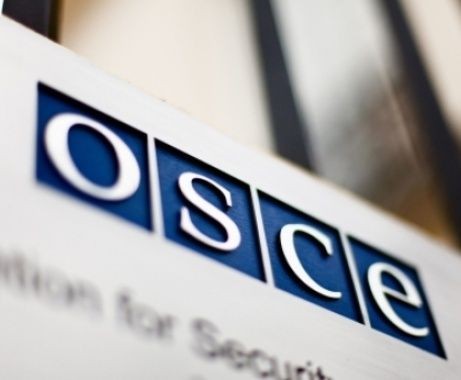All the headlines in Central Asia, and many outside of it, are highlighting the first-ever summit between China and the five Central Asian countries, which will be held in the northwest Chinese city of Xi’an from May 18 to May 19. The summit is scheduled to be attended by all presidents of the five Central Asian countries, including Kazakhstan’s Kassym-Jomart Tokayev. According to international observers, the event represents the potential for Chinese influence to further expand into what used to be the formerly Russian preserve of Central Asia.
President Tokayev has led the way for a liberation from all foreign interferences prioritizing Kazakhstan’s sovereignty and territorial integrity as well as reducing economic dependencies during the first 20 years of Kazakhstan’s independence. During this time, he held many key state posts, including foreign minister and prime minister. In those years, he implemented the so-called “multi-vector” diplomacy that has been copied by other Central Asian countries and aspiring middle powers around the world. Originally, this diplomacy covered five directions: the Commonwealth of Independent States, with a special mention of Russia; the Asia–Pacific region, especially China; Asia, especially Turkey; Europe, especially Germany, and the Americas, especially the United States.
Those initial country-specific orientations were based on hopes for foreign direct investment in the newly independent economy. This multi-vector approach, extended over the years with an emphasis on multilateralism, has also allowed Kazakhstan to play a significant role in global diplomacy. It has hosted numerous high-level peace negotiations, including the Syrian Peace Talks in Astana, asserting its position as a neutral broker and peacekeeper. Kazakhstan’s multi-vector diplomacy not only maintains a balance among global powers but also leverages these relationships in favor of its national development and regional stability.
China is a significant player in Kazakhstan’s economy, primarily through its Belt and Road Initiative (BRI), of which Kazakhstan has been called the “buckle”. Astana has skillfully managed its ties with Beijing, making certain to avoid the debt trap that has ensnared other countries, such as Sri Lanka. Yet it is a measure of Kazakhstan’s economic and diplomatic maturity that the relationship has now gone far beyond the original starting points.
To avoid any sensitive overdependence on China, which would be as negative for Kazakhstan today as its overdependence on Russia was earlier, Kazakhstan’s diplomacy under Tokayev reaches out in new directions. Thus, during those same two days when Tokayev will be in China for the above-mentioned summit, Kazakhstan will also be hosting the second European Union–Central Asia Economic Forum. This Forum builds upon a first meeting that took place in Bishkek in 2021.
The EU side at the Forum will be chaired by Executive Vice President of the European Commission Valdis Dombrovskis, building on the renovated EU Strategy on Central Asia that was launched in December 2020. The event is scheduled to “take stock of progress made so far and discuss ways forward on policy, programs, and investment needed to develop a more integrated and interconnected regional market engagement”.
The main focus is on three principal issue-areas: facilitating a green and digital transition, improving the business environment, and enhancing trade and connectivity. Officials from the European Investment Bank and the European Bank for Reconstruction and Development will also participate in the forum, which is co-organized with the Organization for Economic Cooperation and Development.
By opting for a pragmatic and flexible approach, Kazakhstan has managed to “punch above its weight” and avoid the zero-sum game typically associated with geopolitics. Holding this Forum along with EU representatives in Kazakhstan during Tokayev’s participation in a summit in China shows both strategic agility on the part of both Kazakhstan and its leader, who has shown the ability to manage complex relationships and to pursue national interests within a cooperative framework. Hopefully, the Forum’s emphasis on trade and connectivity will lead its participants to also focus closely on the implementation Trans-Caspian International Trade Route (TCITR or “Middle Corridor”), which has only become more important amidst sanctions against Russia.
In the early post-Soviet years, two EU programs—Interstate Oil and Gas Transportation to Europe (INOGATE) and Transport Corridor Europe-Caucasus-Asia (TRACECA)—played a significant role in maintaining Caspian-region port facilities and other infrastructure, and in bringing them up to international standards. With international assistance, Kazakhstan is poised to lead a qualitative expansion of this critical infrastructure in Central Asia and the Caspian Sea region, which Europe so crucially needs today.


